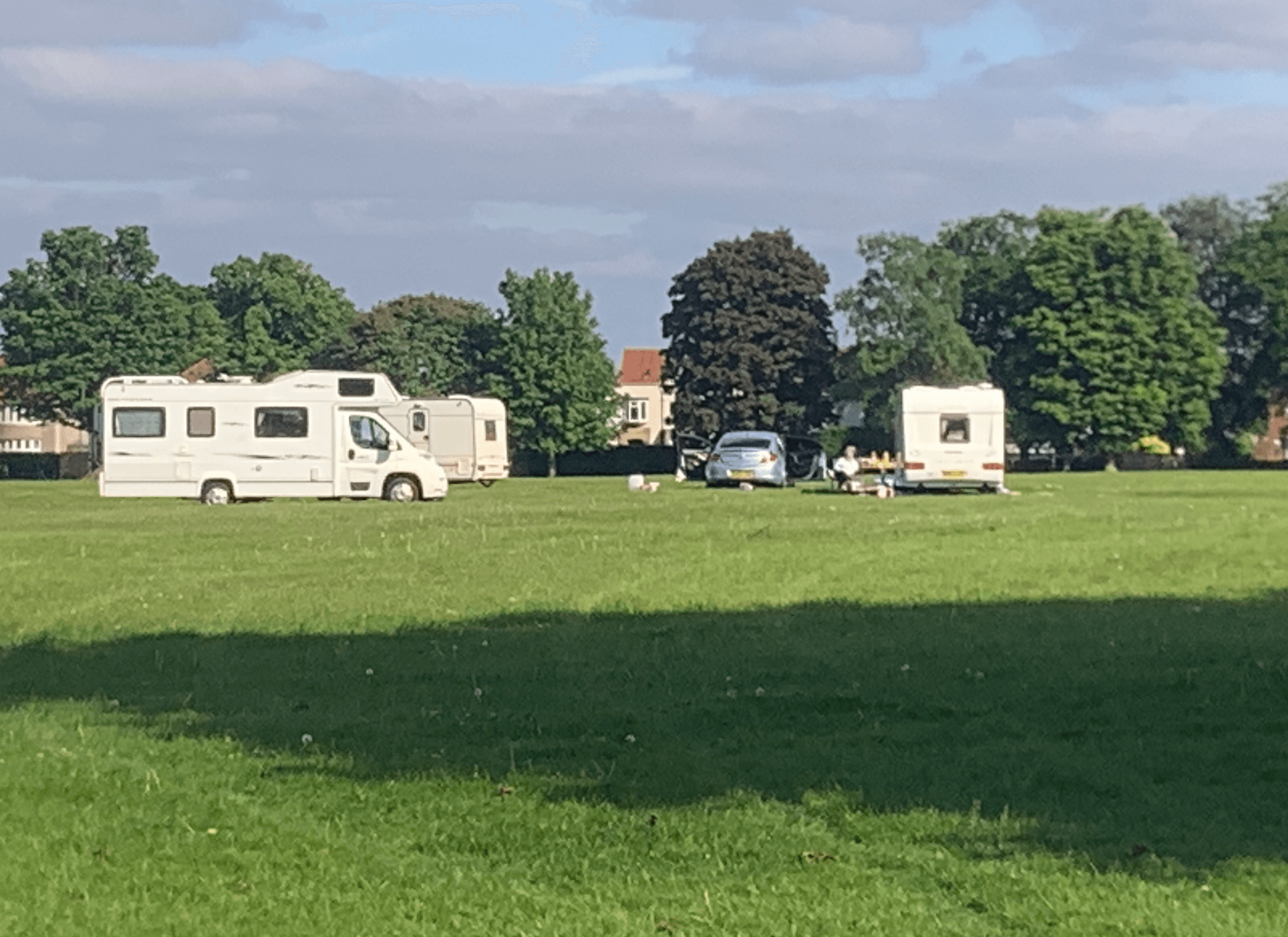Subscribe to trusted local news
If you are accessing this story via Facebook but you are a subscriber then you will be unable to access the story. Facebook wants you to stay and read in the app and your login details are not shared with Facebook. If you experience problems with accessing the news but have subscribed, please contact subscriptions@thestrayferret.co.uk. In a time of both misinformation and too much information, quality journalism is more crucial than ever. By subscribing, you can help us get the story right.
- Subscription costs less than £1 a week with an annual plan.
Already a subscriber? Log in here.
12
Jul 2024
New Traveller enforcement policy to be adopted in North Yorkshire

North Yorkshire Council has drawn up a new policy that adopts a 'pragmatic and flexible approach' to tackling unauthorised Traveller encampments.
Councillors will be asked today (July 12) to agree the policy, which is outlined in this report.
According to the report, the policy has been agreed in conjunction with North Yorkshire Police and Gypsy and Traveller groups.
The Harrogate district has two authorised Traveller sites, at Bickerton and Thistle Hill. But there are numerous reports of illegal encampments each year, especially on the Stray in Harrogate and in Knaresborough at around the time of the annual Appleby Horse Fair in Cumbria.
The report says unauthorised encampments can cause tension "which may result in a number of community safety related issues arising such as anti-social behaviour or hate crime".
The council is adopting a new policy to harmonise the approach taken by the different district and borough councils, including Harrogate Borough Council, which were abolished each year.
How it will work
The council enforcement team, preferably accompanied by police, will visit unauthorised encampments within one working day of being notified of their arrival to assess welfare needs and the impact on the community. Water and toilets will be provided if necessary.
The report says:
The council believes the provision of such facilities are a basic public and environmental health requirement which outweighs any wider community concerns the public may have around the council ‘enabling’ unauthorised encampments.
Enforcement officers will also try to assess how long the occupants intend to stay at the initial visit. The report says:
Where possible a negotiated agreement to leave will be reached and recorded. When on council or open public land it is the council's view that a pragmatic and flexible approach shall be taken and that travellers shall be encouraged to move through a process of negotiation.
The report adds unauthorised encampments on land "that has a higher impact on the wider community", such as public open space and car parks close to houses, will be given verbal notice of 24 hours to leave followed, if necessary, by legal action. It says:
Generally the most appropriate council power in relation to unauthorised encampments is Section 77 of the Criminal Justice and Public Order Act 1994. Section 77 of that Act gives local authorities the power to issue a direction to leave land to people residing in vehicles, including caravans on land on which they are residing without the council’s consent.
Failure to comply with such a direction means the local authority can apply to the magistrate’s court for an order requiring the removal of vehicles and occupants.
It is important to note that at the end of any notice or ‘direction period’ if the travellers have not moved on, then due legal process must be followed to seek possession through the courts. This process can be lengthy and it is the council’s experience that travellers generally move on without the need to resort to such an approach.
Members of the council's environment directorate will be asked to approve the new policy today.
0